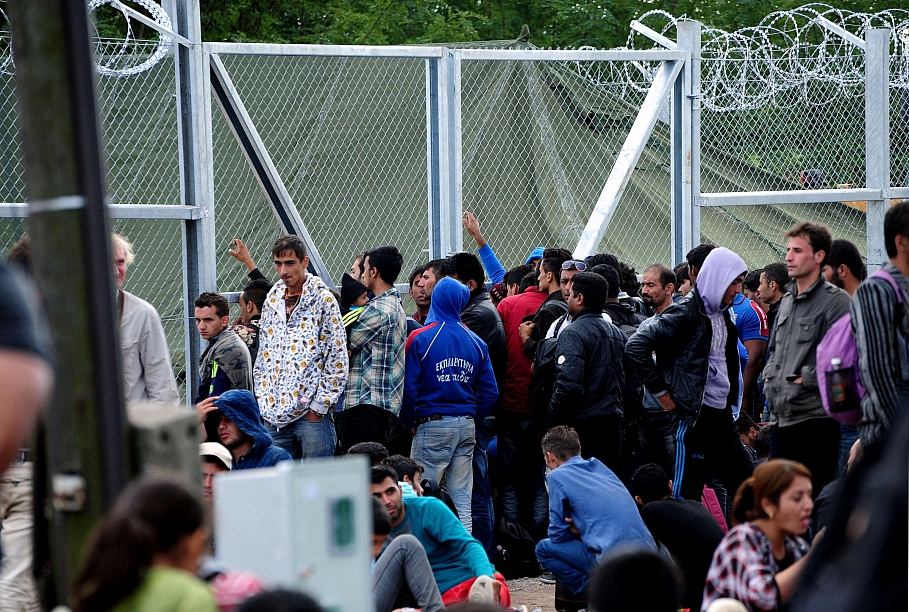Straujuma said that Latvia, like the other Baltic countries, wants free rights to admit or refuse asylum seekers. However, she emphasized that "We are not avoiding solidarity."
When asked about the stability of the government over this matter, she said that there's no clear support for admitting refugees in the coalition.
Latvia’s ruling coalition and the government will have to agree on a further course of action, the Prime Minister said. The ruling coalition parties will meet soon to review the European Commission’s proposal and adopt Latvia’s position.
Meanwhile, President Raimonds Vējonis said that "It would be wrong and sad if such a matter would undermine the government['s stability]."
"There are matters of wider importance, for example, next year's budget," he said.
"So I urge the politicians to abstain from any activities that could destabilize the government," said the President.
Voting for the new proposal is expected in the EU's Justice and Home Affairs Council and the European Council.
The new plan states that almost all EU countries, except the United Kingdom, Ireland, and Denmark should admit a total of 120,000 people in the relocation scheme. Those three countries have insisted on opt-outs.
Latvia is expected to admit 237 refugees from Hungary, 221 from Greece and 68 from Italy.
The refugee quotas for each country are calculated according to number of factors, such as state GDP, population, asylum seekers accepted in previous years, and the unemployment rate.
As reported, the government agreed this past July that Latvia would take a total of 250 immigrants over the next two years.
This caused serious disagreements within the ruling coalition parties and a public protest.
A working group headed by the Interior Ministry continues to ponder the refugee question.
European Commission President Jean Claude Juncker in his State of Union address to the European Parliament has proposed that the EU member states should accept 160,000 refugees via mandatory refugee quotas. Juncker also called on member states to ensure that the asylum seekers have rights to work in the member countries they have been relocated to from the first day.




























